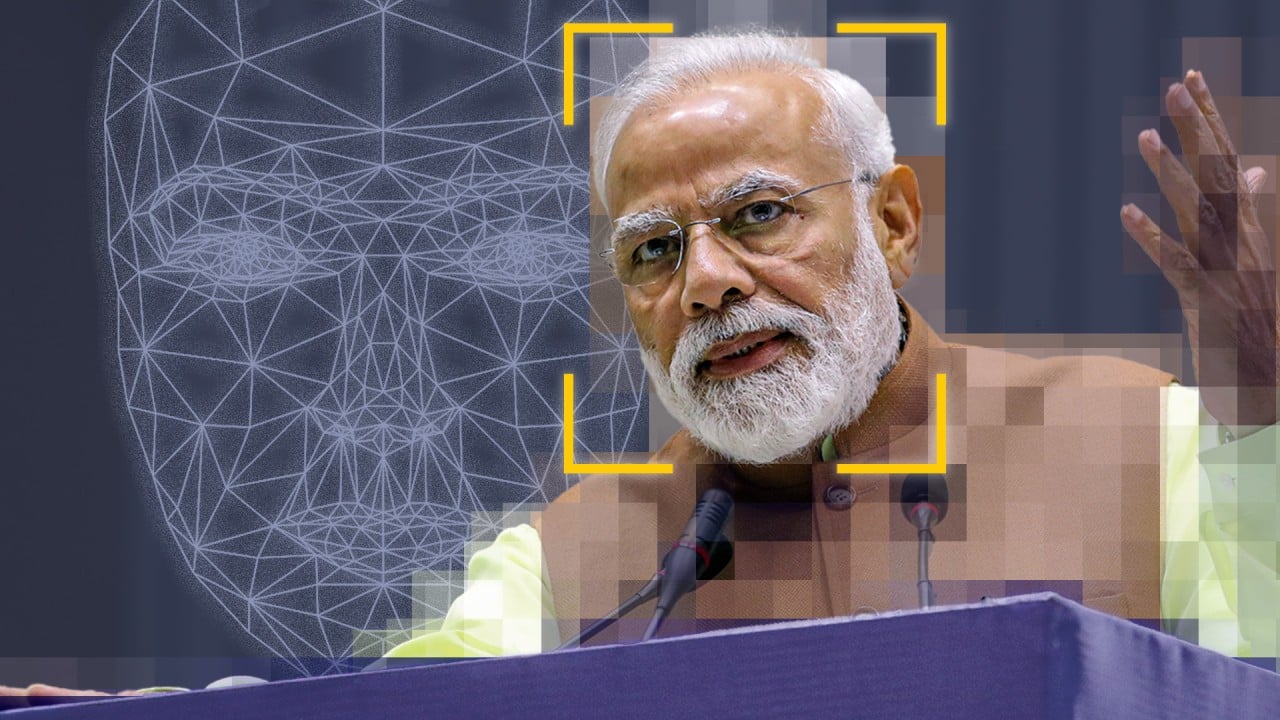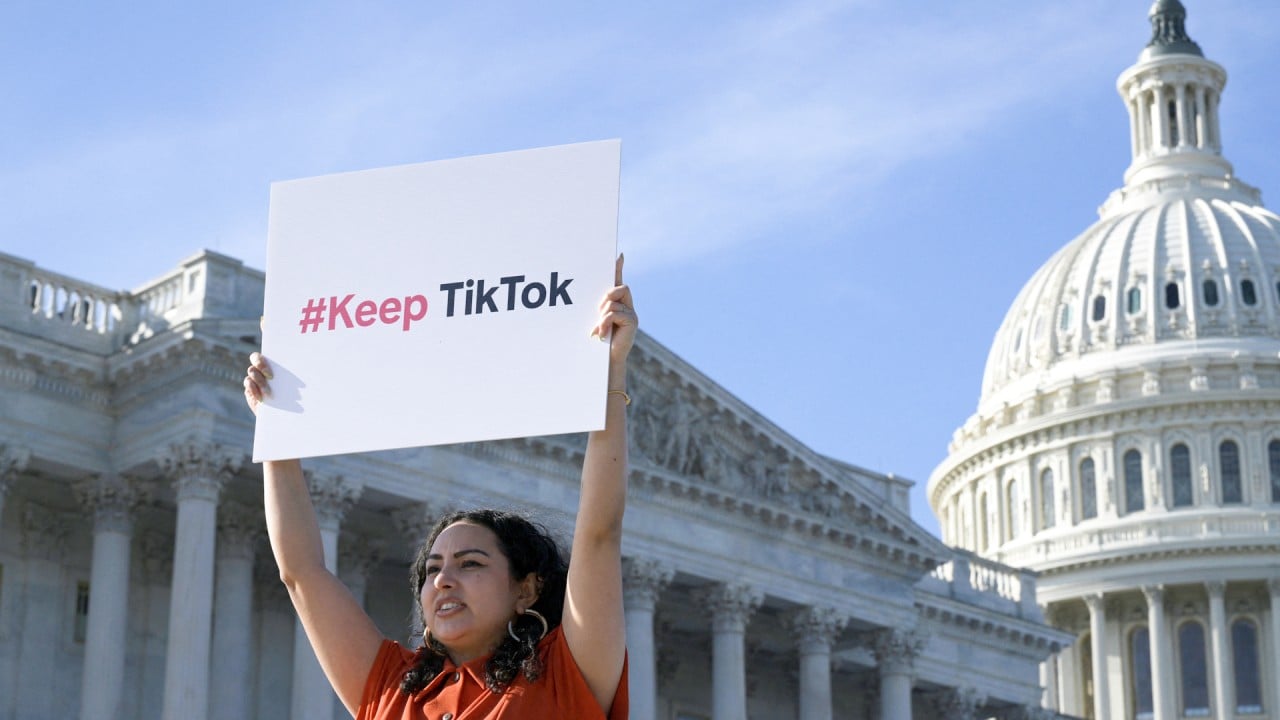
China has ‘sophisticated influence apparatus’ but did not try to sway 2020 US election, American intelligence chief says
- China has made advances in AI, big data analytics and deepfakes; its initiatives already detected in elections in Australia, Canada and Taiwan, says Avril Haines
- Senator Mark Warner says TikTok poses risks, ‘with ownership based in a country assessed to conduct election influence campaigns’
Haines highlighted that China had made important advances in its “influence operation tools”, taking advantage of recent discoveries in areas such as big data analytics and the use of deepfake technologies to generate content.
“Beijing seeks to promote support for China’s policy positions and perspectives, including in the context of specific elections, by portraying the US democratic model as chaotic, ineffective, unrepresentative and magnifying US societal divisions,” Haines said.
The director also said intelligence agencies would continue to monitor Beijing’s activities and alert social media platforms if coordinated disinformation campaigns were detected. Additionally, they would collaborate with the FBI to attribute responsibility for such movements.
Despite Haines’ statement, Senator Mark Warner, a Democrat from Virginia, said Chinese “influence actors aggressively sought to shape the outcome of Taiwan’s election earlier this year, including promoting narratives the election had been rigged as election day approached”.
“It is these kinds of attempts by foreign actors and adversaries to sow disinformation, undermine confidence in elections and seed discord that Americans expect their federal intelligence and law enforcement agencies to detect and defeat,” Warner said.
The risks of potential Chinese influence on this year’s US presidential election have been raised by various US officials for several months.
Last year, Microsoft researchers also warned the US government that they believed “a network of fake, Chinese-controlled social media accounts” was trying to influence American voters using artificial intelligence. China’s embassy in Washington rejected the allegations, calling them “malicious speculation”.
Beijing has repeatedly said it does not interfere in US elections, based on its principle of non-interference in other countries’ internal affairs.



